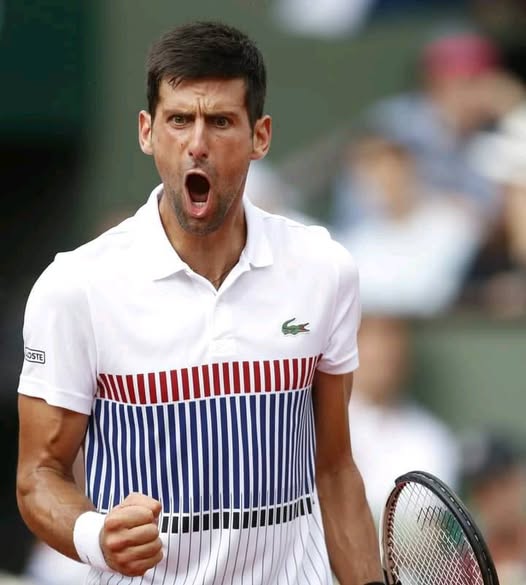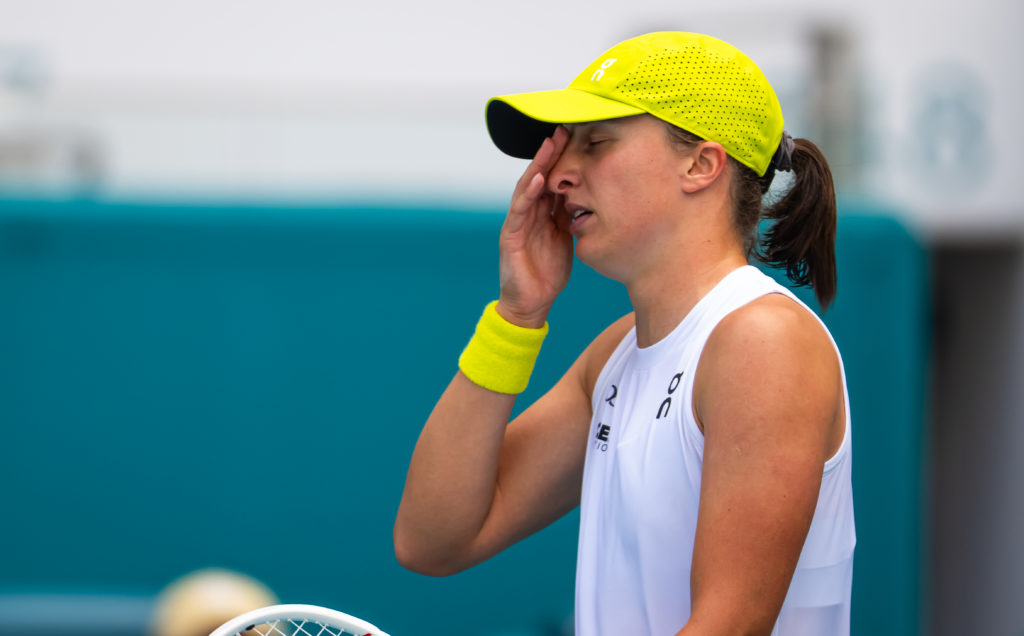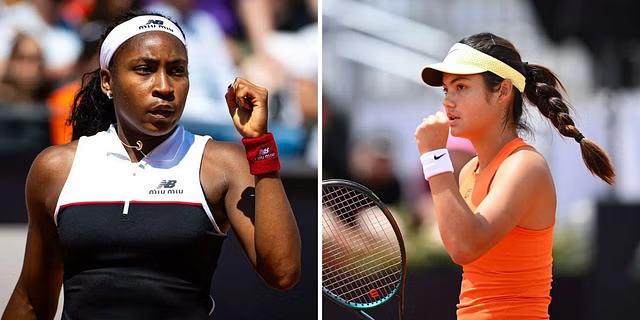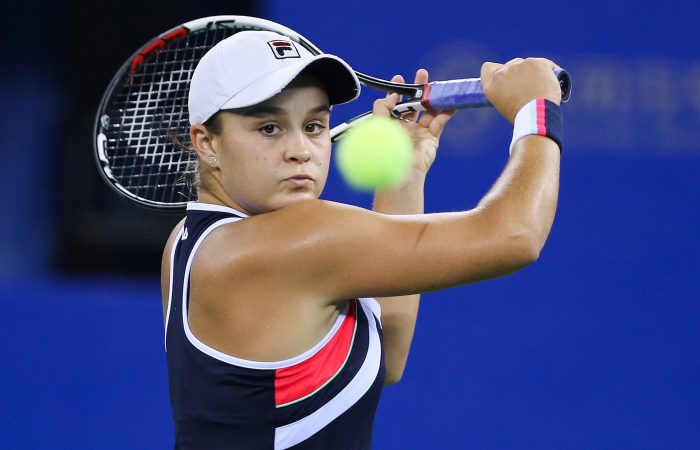Introduction: The End of an Era and the Birth of a Struggle

For nearly two decades, the names Novak Djokovic and Rafael Nadal have been inseparable from tennis greatness. Together with Roger Federer, they formed the legendary “Big Three,” reshaping records, rivalries, and the global popularity of tennis. But with Federer retired and Nadal announcing 2024 as his final season, Djokovic faces a new and unexpected opponent: a loss of motivation.
In this revealing blog post, we explore the emotional and psychological challenges Djokovic now faces, the impact of Nadal’s departure on his competitive drive, and what it means for the future of tennis. Is this the beginning of Djokovic’s decline—or a pause before his next evolution?
Let’s dive into the heart of this powerful story and unpack the 7 shocking truths behind Novak Djokovic’s emotional struggle.
1. The Rivalry That Defined an Era—and Djokovic’s Purpose
Novak Djokovic once said, “Rafa makes me better. Every time I play him, I learn something new.”
The Djokovic-Nadal rivalry isn’t just a sports headline—it’s the very fuel that propelled both players to unprecedented heights. Their epic 59-match head-to-head—the most in tennis history—brought out superhuman levels of performance, mental grit, and tactical innovation.
Without Nadal:
- Djokovic loses his greatest motivator.
- The ATP tour loses its most iconic duel.
- Tennis fans lose the emotional narrative that kept them engaged year-round.
Why it matters: Rivals create purpose. Nadal was not just an opponent; he was Djokovic’s benchmark. With that bar now gone, Djokovic faces a void.
2. The Psychology of Competitive Loneliness
Success at the top can be isolating. Djokovic, now 37, is still world No. 1, still dominant, still chasing titles. But without Nadal and Federer, his competitive environment has changed drastically.
FAQs Answered:
Q: Is Djokovic still hungry for titles?
Yes—but without the emotional stakes of beating his greatest rivals, the victories may feel hollow.
Q: Could this lead to early retirement?
Possibly. Djokovic has hinted that his motivation is no longer automatic and that he needs bigger emotional rewards than just trophies.
Q: Does he lack challenges with the new generation?
While Carlos Alcaraz and Jannik Sinner are rising stars, they haven’t yet matched the emotional resonance that Nadal brought to the court.
Stat to know: Djokovic has a winning record against almost every top-10 player today, but he’s only 2–3 vs Alcaraz—a sign that a new emotional rivalry could emerge.
3. An Emotional Vacuum: What Happens When Your ‘Why’ Disappears?
Peak performance psychology often ties achievement to a clear “why.” For Djokovic, his “why” was:
- To outdo Nadal and Federer
- To become the GOAT (Greatest of All Time)
- To rewrite the tennis history books
Now, with 24 Grand Slam titles—more than both Nadal (22) and Federer (20)—and Nadal’s retirement looming, Djokovic may feel his mission is complete.
Power insight: Without a new compelling reason, even the most successful athletes lose their edge.
4. The Physical Toll Meets Emotional Fatigue
It’s easy to focus on Djokovic’s superhuman fitness. But beneath the surface lies a body with 1,300+ matches, relentless global travel, and a career spanning two decades.
Key statistic: Djokovic has played more Grand Slam matches (400+) than any active player, and while his physical stats remain strong, mental fatigue is starting to show.
Warning signs:
- Recent dropouts from lower-tier tournaments
- Public comments on “emotional fatigue”
- Inconsistent intensity during some 2024 matches
Emotional insight: Without Nadal pushing him, Djokovic may struggle to dig deep—especially in early-round matches or non-Grand Slam events.
5. The Fan Factor: Loneliness at the Top
One of the most overlooked triggers of Djokovic’s motivation dip is his ongoing battle for public affection. Despite being statistically the greatest, he has never commanded the same global fan love as Federer or Nadal.
Now, with Federer gone and Nadal departing, Djokovic risks becoming a king without a kingdom—unmatched but unloved.
FAQs Answered:
Q: Has Djokovic commented on fan reception?
Yes. He’s openly said it hurts when crowds cheer against him, despite his achievements.
Q: Could this loneliness affect his performance?
Absolutely. Emotional connection fuels greatness, and without it, passion can turn to routine.
6. Legacy Pressure: What More Can He Achieve?
With nearly every record in his trophy cabinet, Djokovic faces a new challenge: the pressure of legacy maintenance.
He’s no longer chasing greatness—he’s defending it.
What’s at stake:
- Finishing with the most Grand Slam titles ever (currently holds the lead)
- Retiring at No. 1—a feat no other male player has achieved
- Becoming the first 40-year-old Grand Slam winner in the Open Era
Strategic shift: Djokovic may pivot to selective participation, playing only Grand Slams and a few key Masters events to manage motivation and health.
7. The Final Act: A New Purpose or a Gentle Exit?
Is this the beginning of Djokovic’s farewell chapter?
Possibly—but it doesn’t have to be a sad ending.
What could rekindle his fire:
- A fierce rivalry with Alcaraz or Sinner
- Representing Serbia in the Olympics (Paris 2024 may be his final shot at gold)
- Becoming a mentor to rising stars
- Pursuing a Davis Cup triumph as a swan song
Bold possibility: Djokovic could take a sabbatical year, returning only when motivation feels genuine again—an approach many great athletes (like Michael Jordan and Tom Brady) have used to extend careers.
Conclusion: The Motivation Crossroads of a Champion
Novak Djokovic stands at a unique crossroad. With Rafael Nadal stepping off the stage, the emotional narrative that shaped Djokovic’s career is fading. What remains is a brilliant, statistically superior athlete facing an internal crisis: Why keep going when you’ve already conquered everything?
His emotional struggle isn’t weakness—it’s the human cost of prolonged excellence. And how he navigates this next chapter will define not just the end of his career, but his legacy in the history of sport.
Final takeaway: Tennis fans and sports psychologists alike will be watching closely. Because if Djokovic finds a new source of fire, he could redefine what greatness looks like at 38, 39, even 40. If not, we may be witnessing the final curtain call of the most statistically successful player in men’s tennis.


